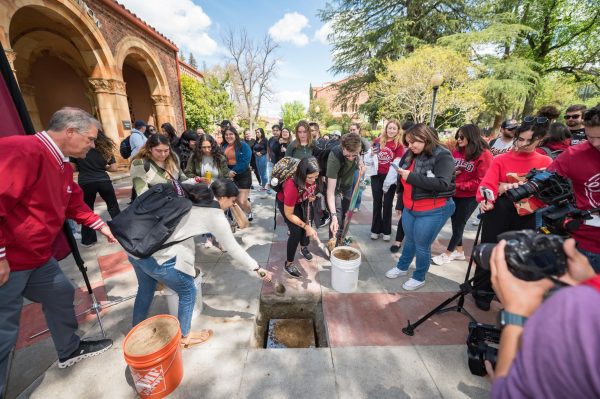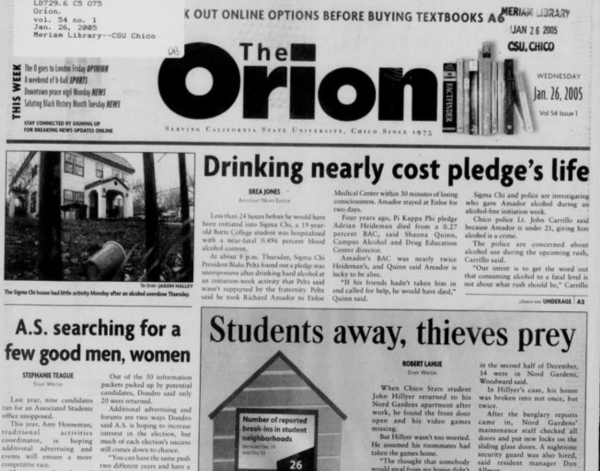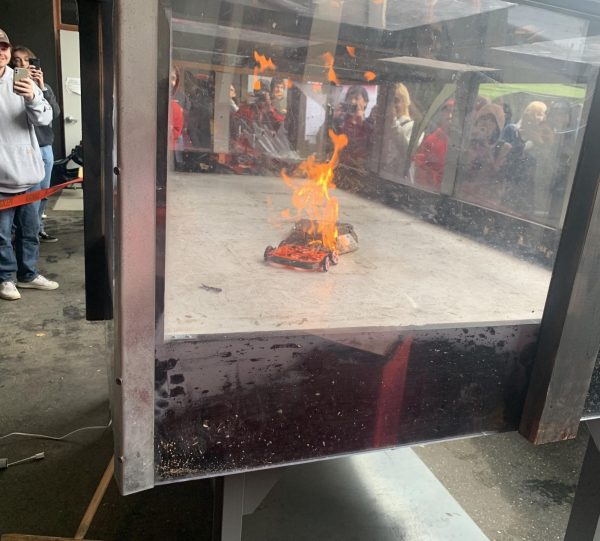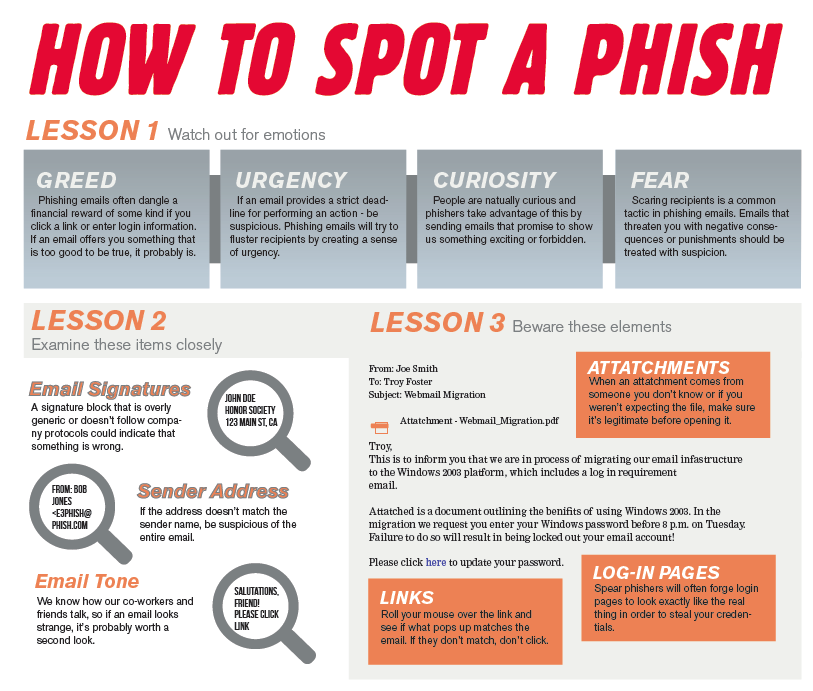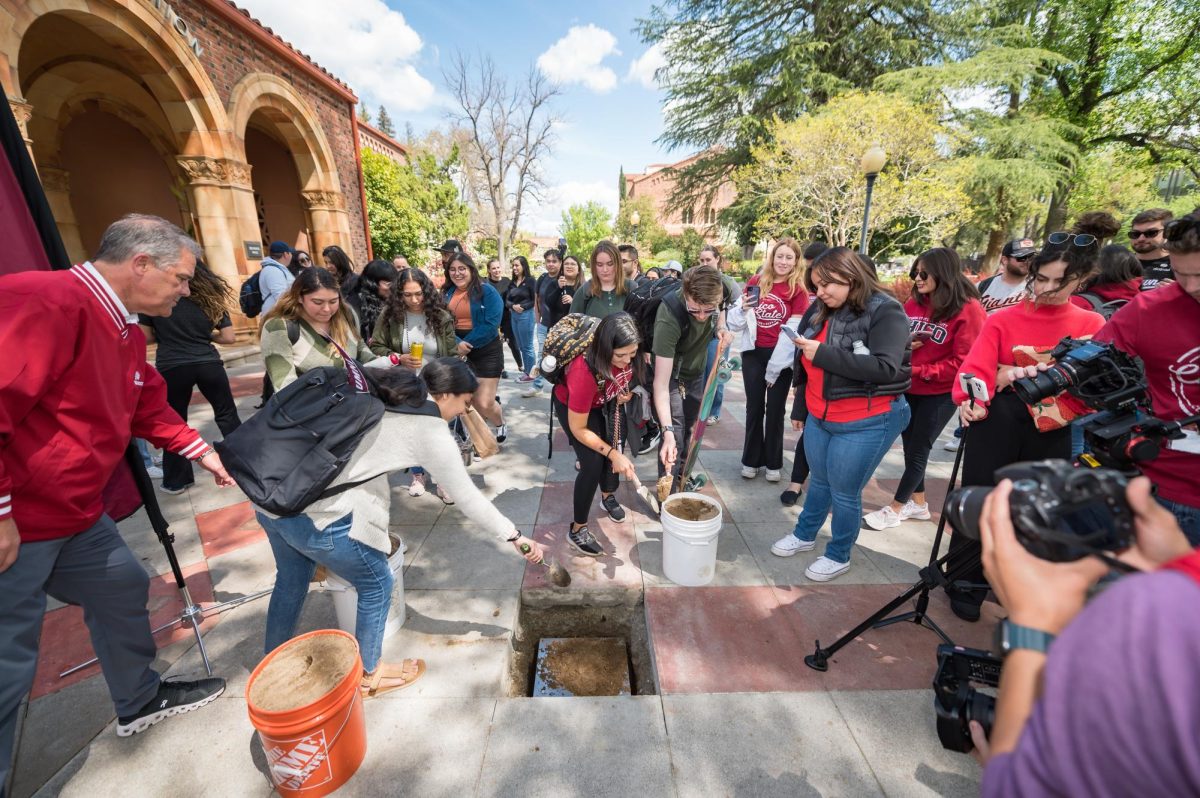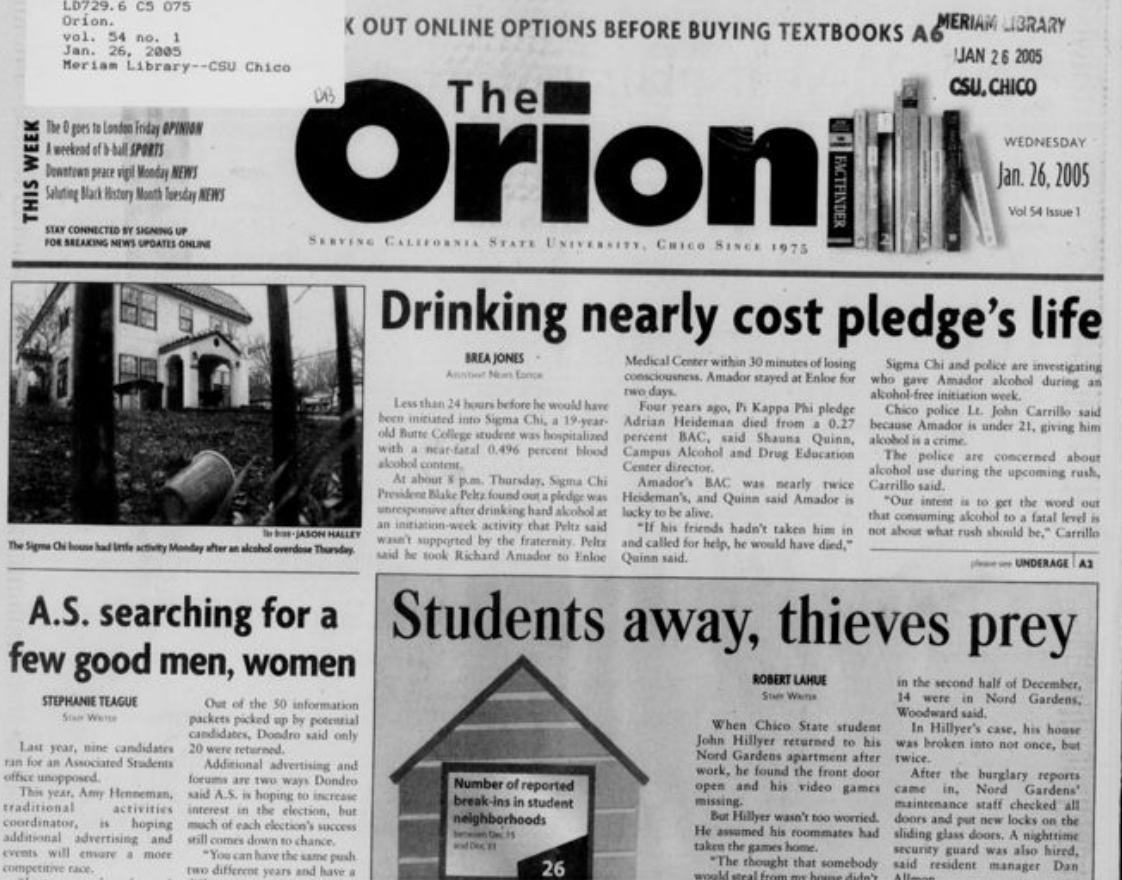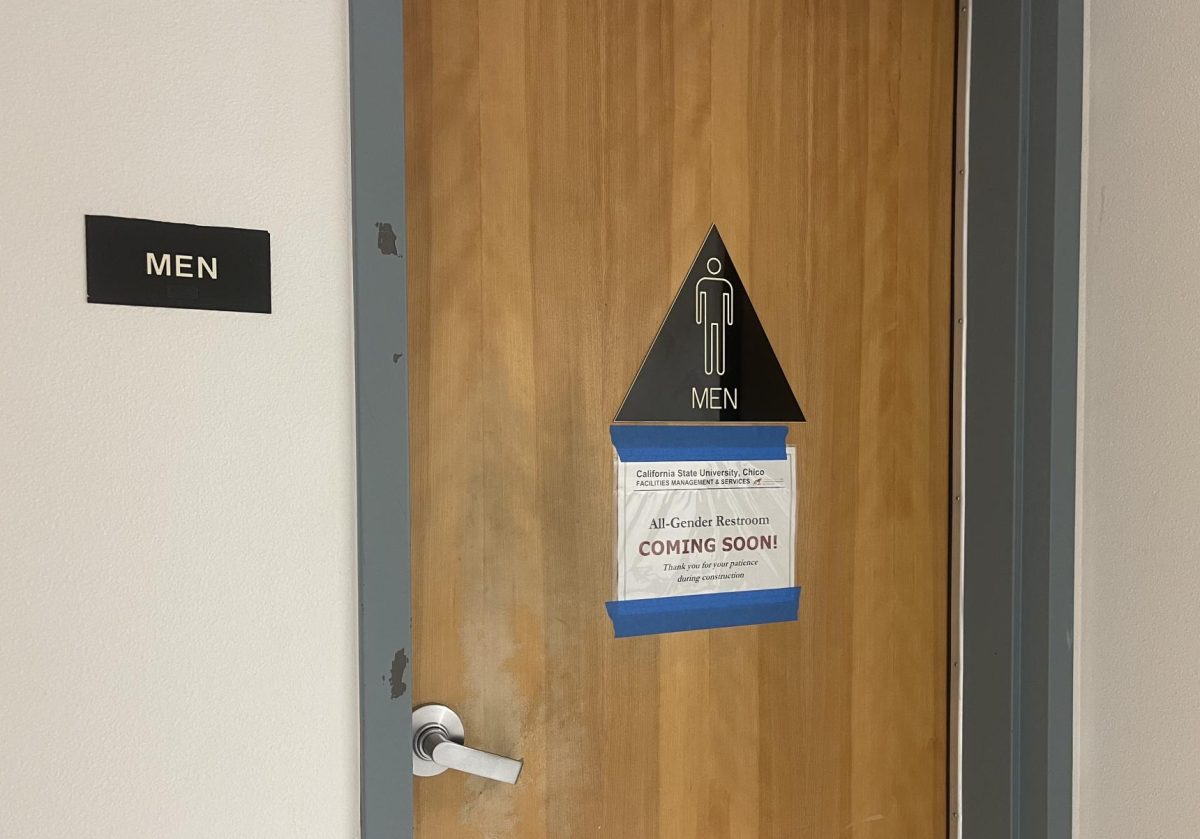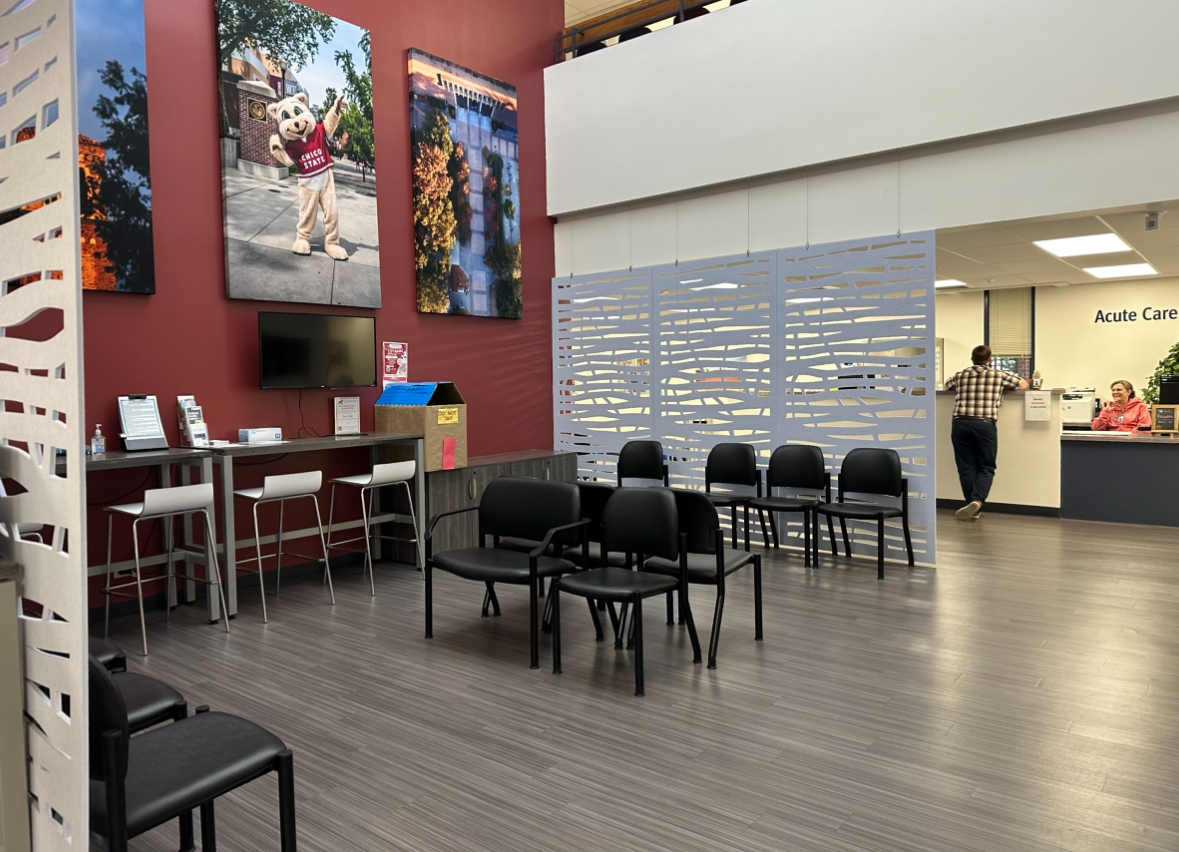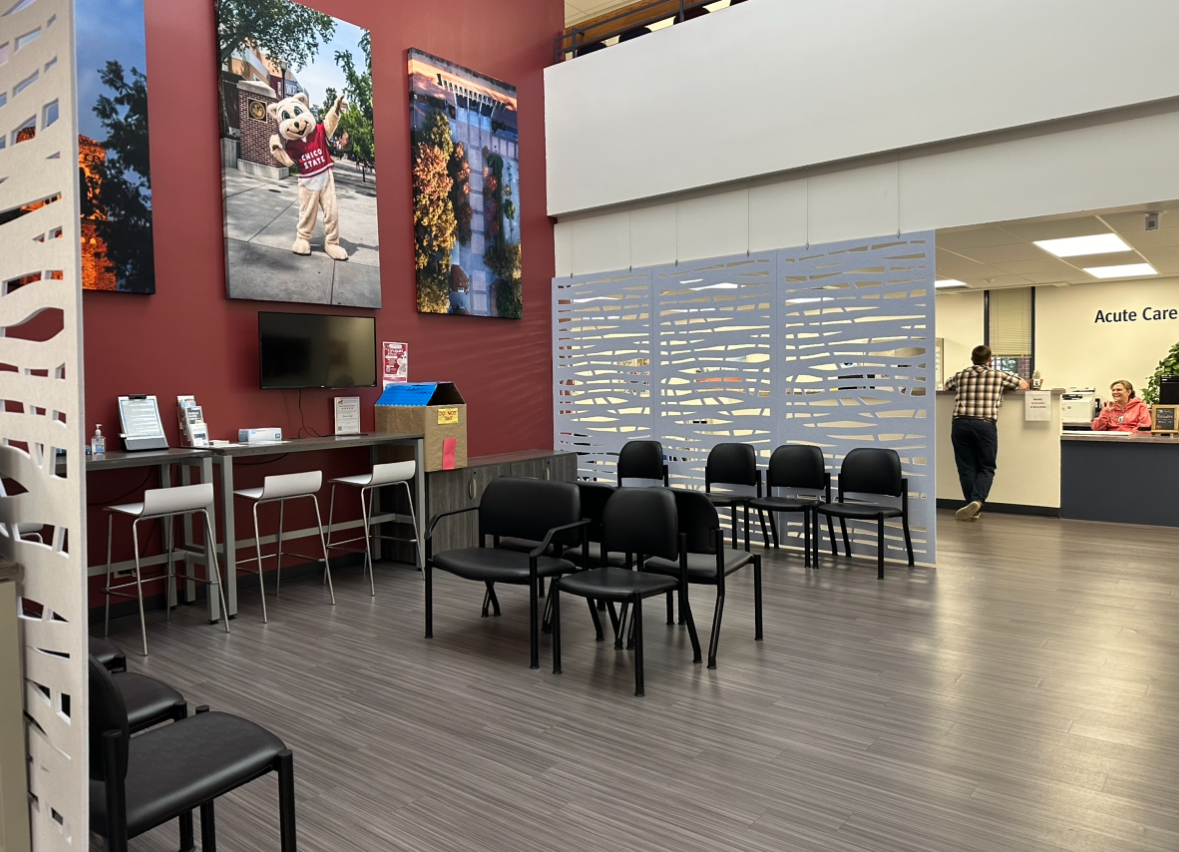Every student at Chico State has to check Wildcat mail daily, or at least weekly for those who sometimes forget they have one, in order to get notifications for class, student announcements and announcements from teachers and scholarships.
Chico State uses Google for the campus email accounts and uses the admired Google algorithm in order to filter out spam and scams that most college students get on a daily basis.
However, despite the ability google’s algorithm has to filter student inboxes, more than 3,000 Wildcat mail accounts have had to be temporarily frozen and then restarted in the last six months due to successful malicious scam attacks, or phishing, according to the Chico State website.
Information Technology Support Services Manager Scott Kodai, said that there are two kinds of spam that plague student inboxes called ham and malicious spam.
An example of ham would be “stuff that you may have signed up for at some point, like going in and buying something from Etsy and they sometimes ask you to subscribe to emails… then you start getting a ton of spam from Etsy,” said Kodai.
Basically, Ham is something asked for or brought onto the student/victim because of something they have done or have already signed up for on the web that gives a real organization your contacts. So the email is coming from a legit company or business.
“In order to stop these emails the best thing to do is to unsubscribe,” said Kodai. “This will stop the emails from coming in.”
If they still come in, mark it as spam and the Google algorithm will start to recognize it as Spam. The interesting thing is that it won’t just start marking it as spam for you but for everyone else connected to Wildcat Mail. All Wildcat mail accounts are connected because they are a part of the @mail.csuchico.edu.
The second kind of inbox attack is malicious spam. Kodai said that this kind of spam is also referred to as phishing. This is where an email with a fake company name or something like that will try and get some kind of money from the student or will even hack and take over a student email account and start sending emails using that student’s email.
“Twenty or 30 times a day, we would find out about these Nigerian hacked accounts,” said Kodai, talking about an incident with hackers that was traced back to Nigeria. “This (the recovery process) is very inconvenient for the student because we have to shut down their accounts and they can’t access blackboard or portal, which means they can’t turn in assignments.”
Kodai said that the school will never ask for a student’s username or password and that if there is an email that is doing so, they should be reported. Malicious spam should always be reported and marked as spam so that way Chico State and the Google algorithm are both notified.
Also, make sure to view suspicious emails on a desktop or laptop computer as well. Looking at it on a phone can actually mask who is sending it to you, according to Kodai.
“Don’t go too fast, take your time,” said Kodai on identifying scam emails and links. “Especially if they are telling you to do something right away, take a second look. If they are asking you to hurry up and do something right now, that is probably spam.”
Hannah Yeager can be reached at [email protected] or @theorion_news.

